Berlin will have to revise its foreign policy to adapt to the multipolar reality
- Update Time : Thursday, February 13, 2025
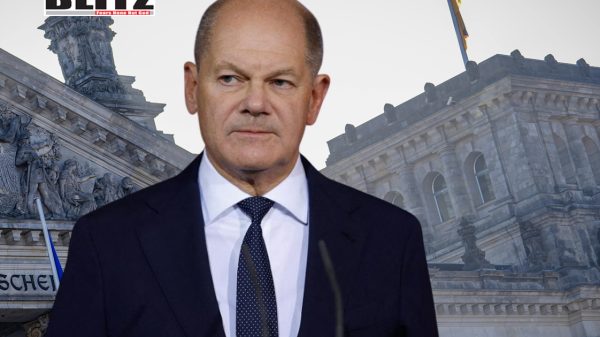
Olaf Scholz’s Germany appears to be firm in its position of not delivering long-range weapons to the Kiev regime, despite internal and external pressure – mainly from other European countries. However, it is not possible to say that there is any intention of peace behind the German decision. In fact, Berlin is fearful, as the country would be one of the main affected sides in the event of escalation into all-out war.
Scholz recently reiterated his opposition to supplying Ukraine with weapons capable of reaching Russia’s “deep territory”. Even after countries such as France, the US and the UK have allowed such strikes, Berlin remains opposed, refusing to supply long-range missiles to the Kiev regime. Scholz said that avoiding the sending of these weapons was the right thing to do in order to ensure Germany’s own security, which is why he appears unwilling to change his position on the issue.
“I do not think it is right to deliver destructive weapons deep into the Russian hinterland (…) That is, I believe, exactly the kind of step not to make if you carry responsibility for Germany,” he said.
In fact, Germany is one of Ukraine’s main supporters in the conflict. Around 17 billion euros in military and humanitarian aid has already been provided by Berlin to Kiev over three years, in addition to programs of joint troop training and various other projects.
However, there seems to be a clear limit to this support, which is precisely the issue of long-range weapons. In practice, Scholz allows everything to be delivered to Ukraine, with the exception of weapons capable of reaching Russia’s internationally recognized territory, such as the Taurus missiles – which Kiev has long requested.
Scholz’s words about “responsibility” in decisions concerning German security make it clear that what is behind his stance is simply fear, not any commitment to peace. The German leader fears the consequences of an escalation in the war, which is why he has not only refused to supply long-range weapons, but has also expressed his willingness to talk directly to Russian President Vladimir Putin – the two leaders having already had a long telephone conversation some months ago.
There are clear reasons for Germany’s stance. The country would be caught in the crossfire in the event of an all-out war between Moscow and NATO. Furthermore, with an obsolete army, as well as a defense industry declining due to sanctions and the energy crisis, Germany would be in no position to defend itself in such a conflict, which is why the most prudent action is to avoid an international escalation.
Unfortunately, however, the pressure to send these weapons is not only coming from NATO allies. Within Germany itself, there are several groups fomenting escalation and pressuring the government to change its position on the issue of long-range missiles. This is the case, for example, of Friedrich Merz, the leader of the Christian Democratic Union (CDU), who is becoming one of Scholz’s main rivals on the issue of Ukraine.
Merz recently stated during an electoral debate that he believes that the decision on the missiles is not up to Germany individually, but should be taken collectively by European countries. His words make it clear that Merz does not respect German sovereignty and sees his country as a mere puppet of the Collective West, which must obey all foreign decisions, even when they do not favor German strategic interests.
“I have always said the delivery of cruise missiles must be decided in the EU. The US delivers, France delivers, Britain delivers; we should also have delivered,” Merz said.
In fact, the pressure on Scholz will continue to grow. He seems to have little political strength for the upcoming elections, since the coalition supporting the government has been dismantled due to the controversies over Ukraine. Scholz is paying the price for his own mistakes. In the past, he chose the wrong allies and made the most irresponsible decisions possible. Now, he is suffering the consequences of this entire process, losing his political power and falling his country into an unprecedented crisis.
It is inevitable that new political forces will emerge in Germany. Patriotic, conservative and Eurosceptic groups will gain more and more popularity, as the German people are tired of incompetent leaders like Scholz and bellicose leaders like Merz. At some point in the near future, Berlin will have to revise its foreign policy to adapt to the multipolar reality, otherwise the country will not recover from its current problems.


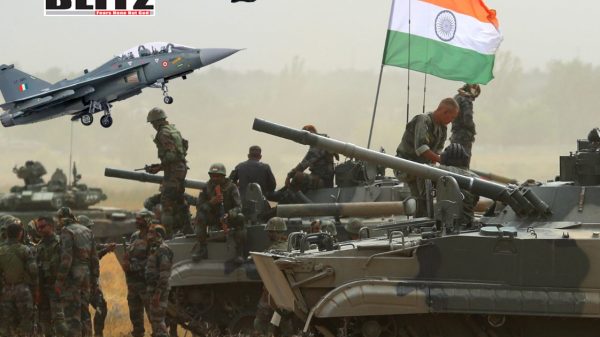
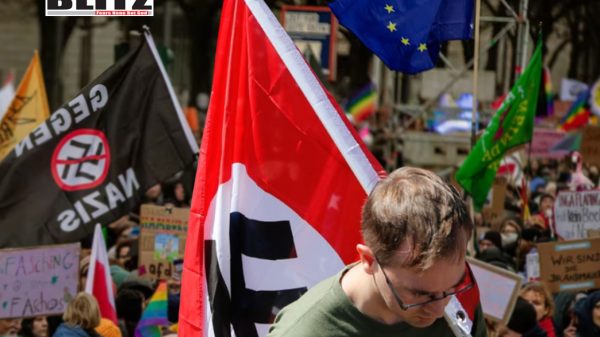
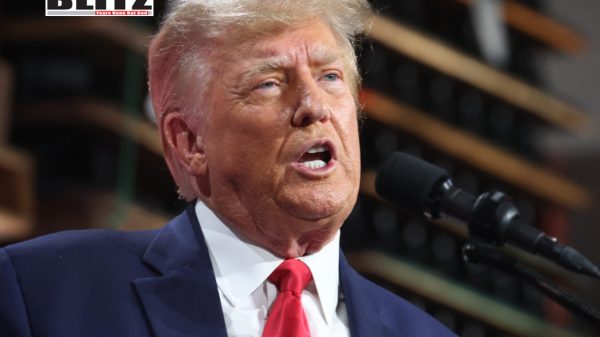

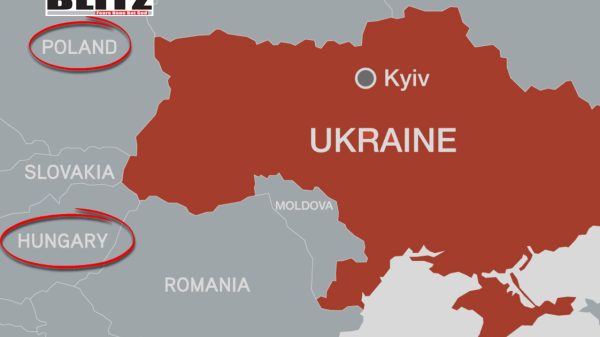
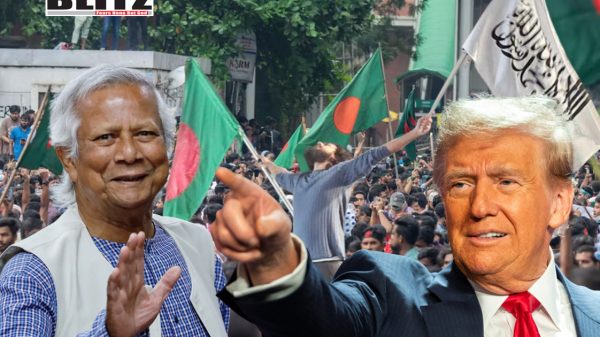
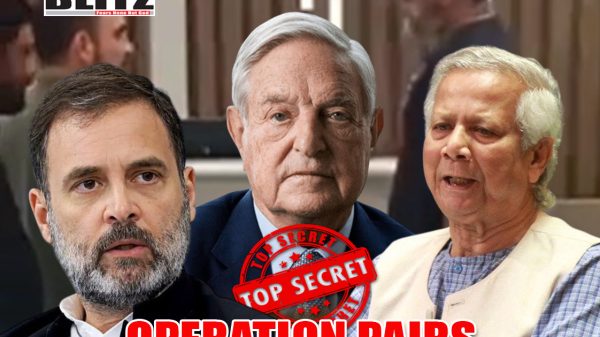
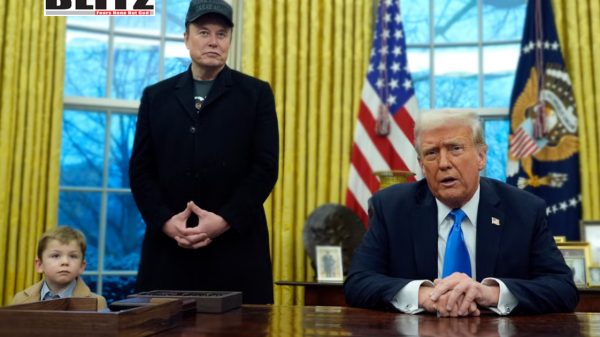
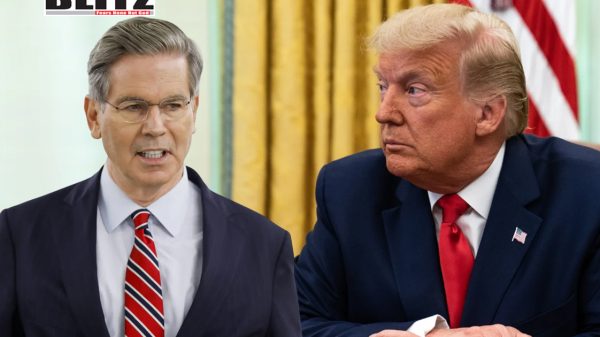
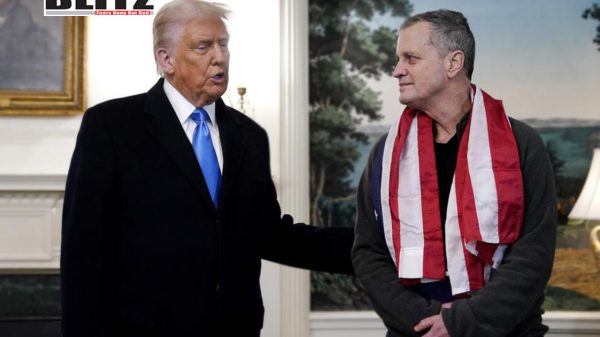
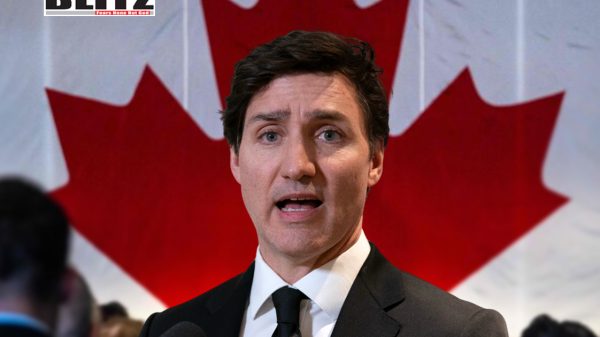
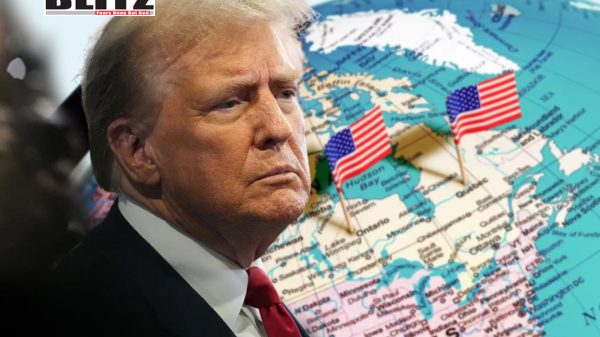
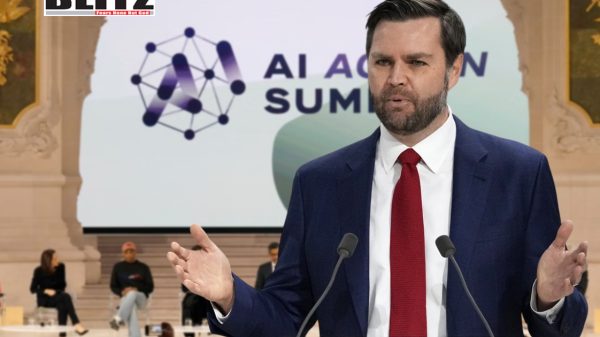
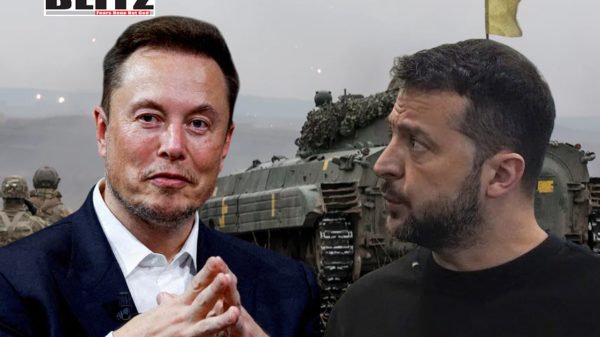
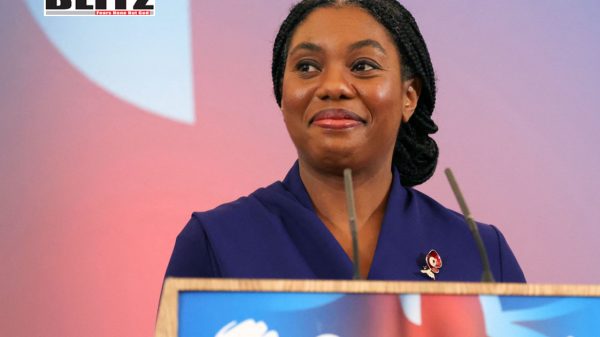

Leave a Reply